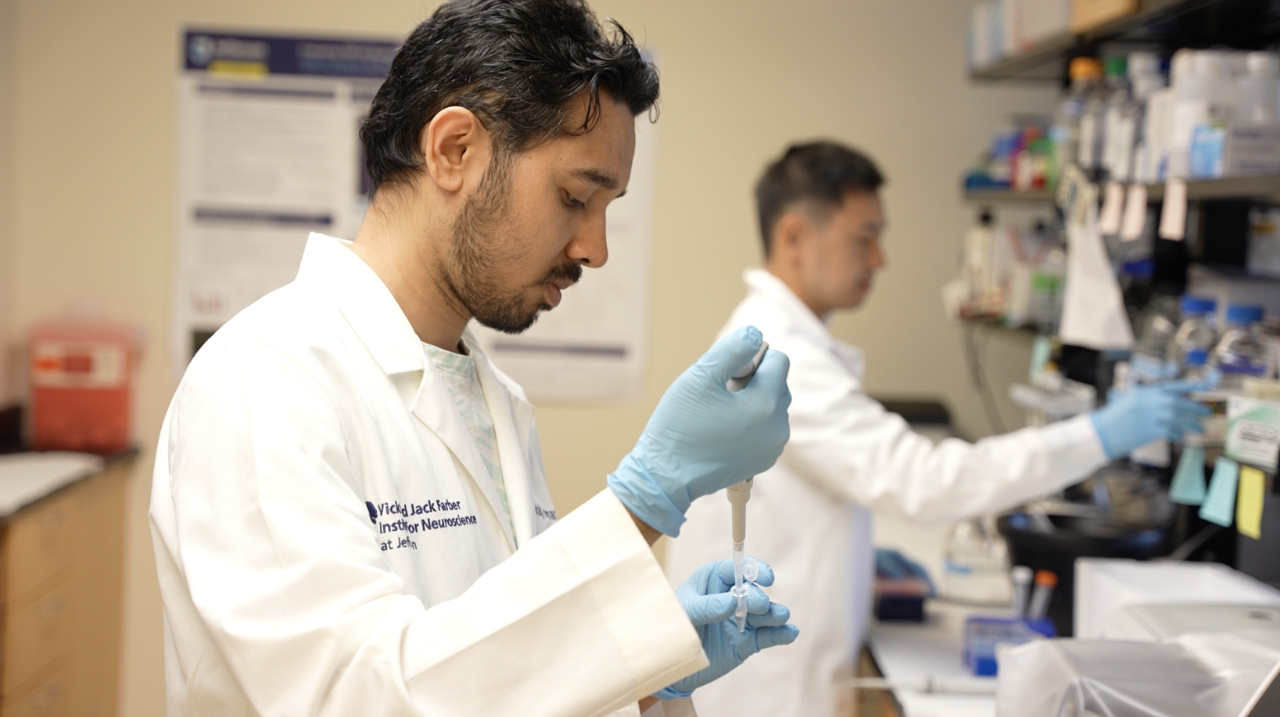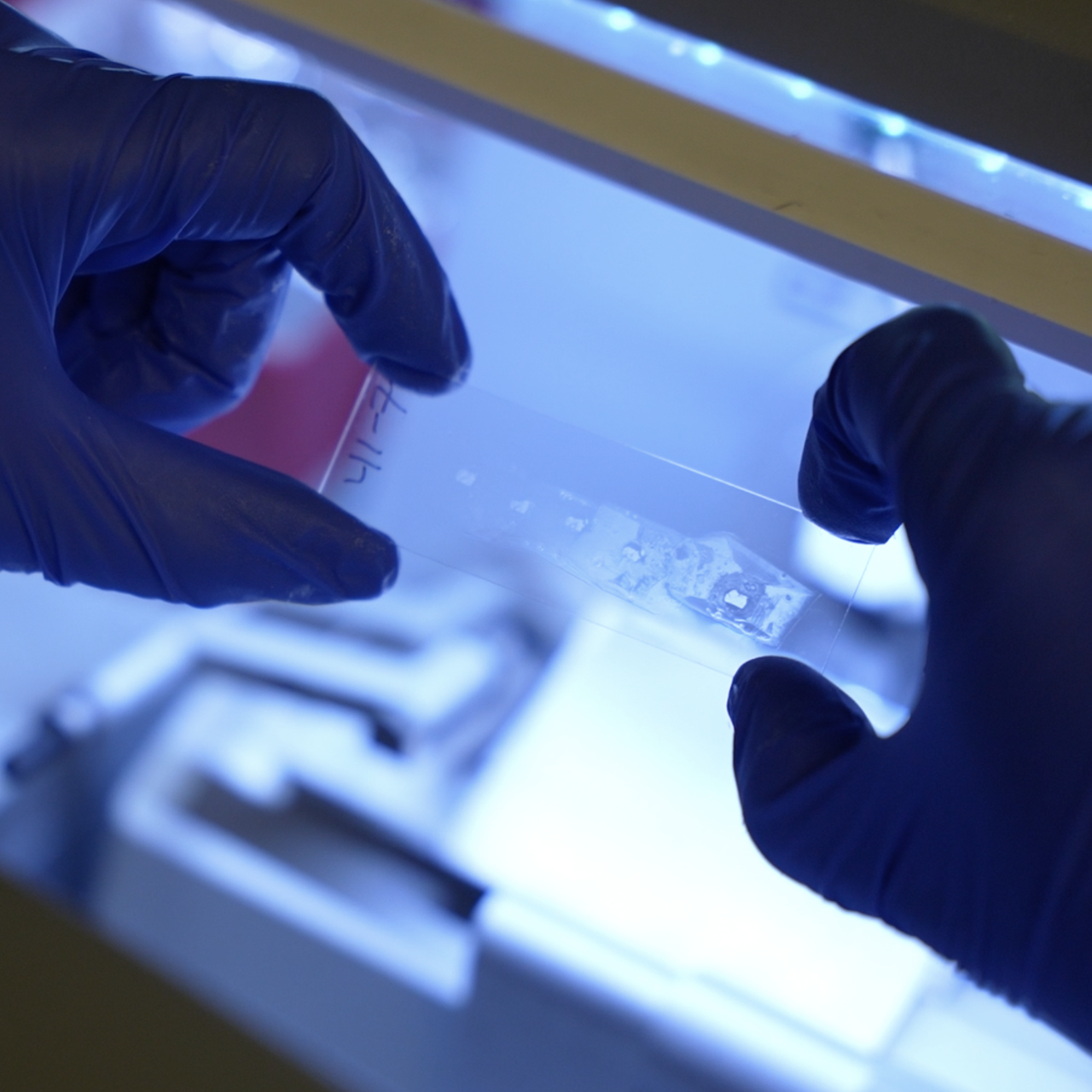An ALS Association Certified Treatment Center of Excellence and a member of the NEALS Consortium, in the clinic the Weinberg Center brings together a team of experts in specialties including neurology, pulmonology, palliative care, respiratory, physical, speech, and occupational therapies, nutrition, genetic counseling, assistive technology, social work and mental health, as well as research coordinators and a laboratory researcher on hand to educate patients on the latest research developments.
An ALS diagnosis is devastating, not only to the patient but also to their family and the community that surrounds them. “It takes a village to care for these patients,” says Piera Pasinelli, PhD, the Frances and Joseph Weinberg Professor of Neuroscience and founder and director of the Weinberg ALS Center. “They deserve this concierge approach to patient care and an honest education in research. Our vision is to provide a one-stop personalized approach tailored to each patient's needs. And for such a devastating disease, these needs also include active participation in research.”

